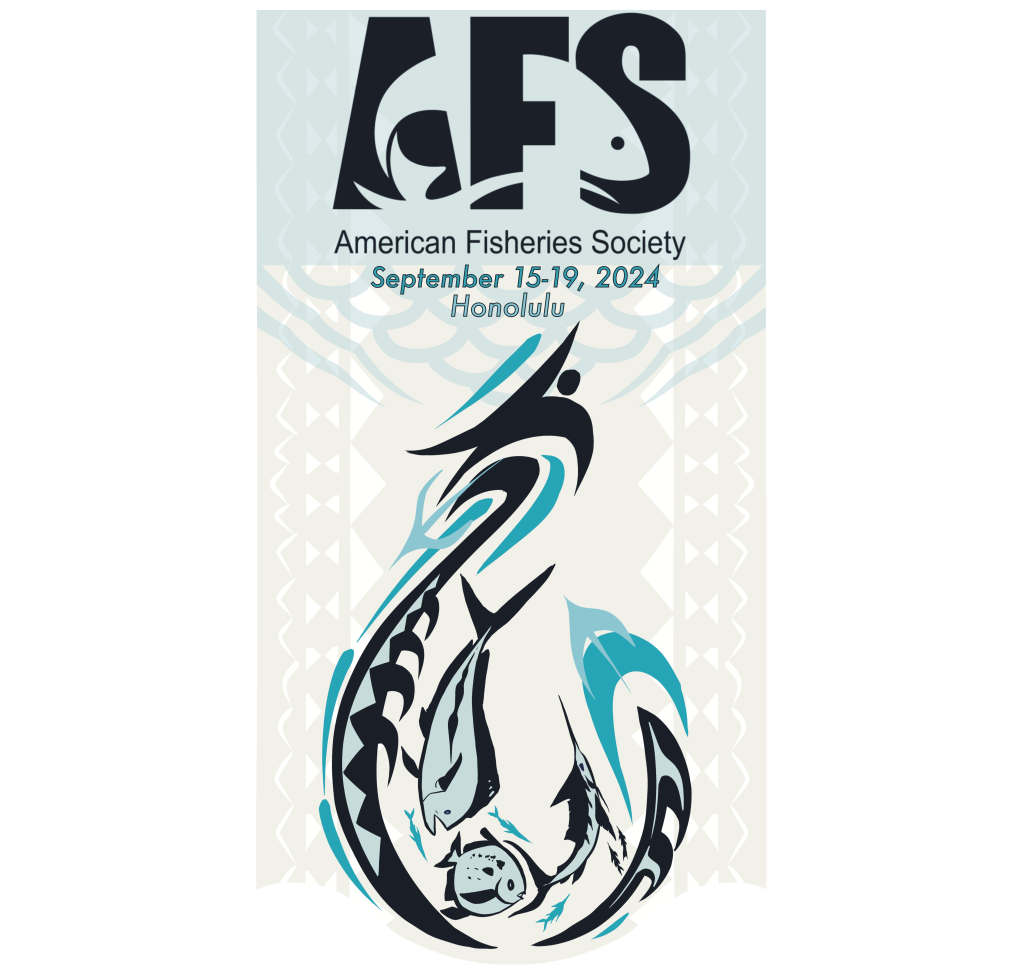Conservation and stewardship are integral to the practice of many small-scale fisheries, especially those with long-term connection and cultural tie to the fisheries. They often have deep and insightful knowledge about the ecosystem, and in many instances, have their own conservation measures through customary law and norms. Much can be learned about how small-scale fishers and their communities interact with the resources and their surroundings, and how the knowledge is transferred from one generation to the next. New awareness, and possibly new knowledge, may be necessary, however, given the changes in policy and regulations, social and economics, and climate and environment. With continued interests in large-scale development, in oceans and river systems, small-scale fisheries face eminent threats to their livelihoods and existence. Conservation policies and strategies need to respect traditional rights and access of small-scale fisheries, and the importance of moving together with them, rather than displacing them.
Organizer: Ratana Chuenpagdee, Memorial University, [email protected]
Co-organizers: Evan Andrews
Supported by: Too Big To Ignore Global Partnership for Small-Scale Fisheries, Ocean Frontier Institute Module I (Governance)
